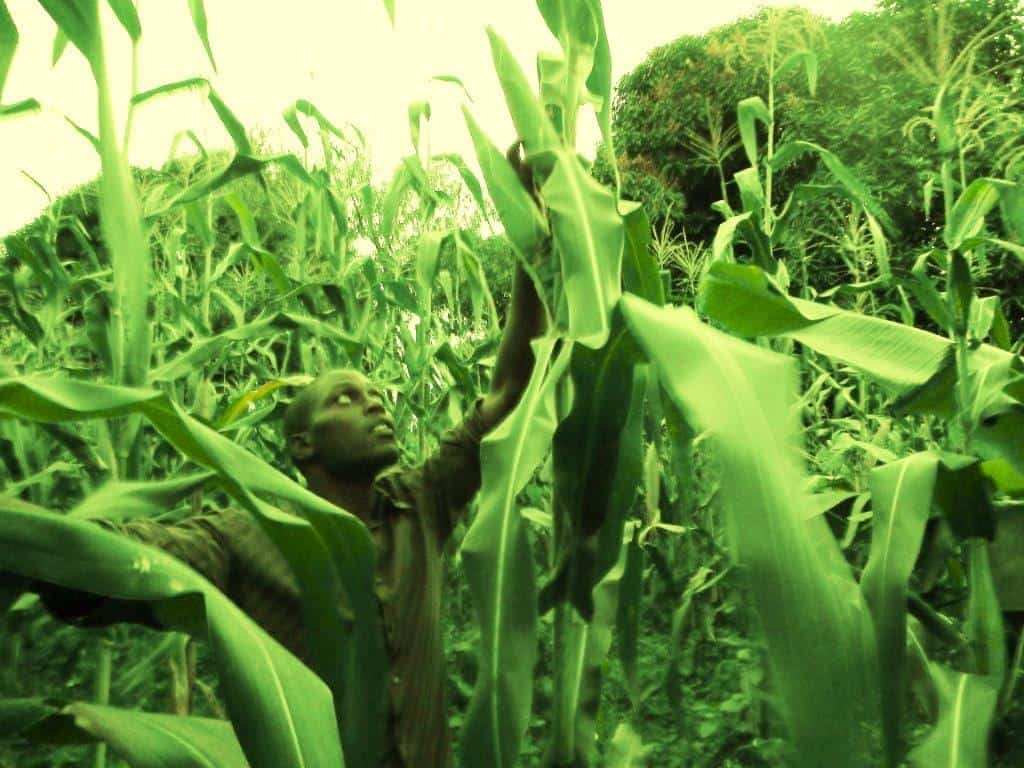SEA Partners’ agriculture training program is having a tremendous impact on the lives of the local farmers in Boma. This week I received a transcript of an interview from a farmer’s perspective, Johnson Nyadaka. Johnson has been a part of this training for many years and we are so excited to see the skills he has learned begin to impact him and his community.
|
|
| Johnson has learned the best techniques for planting and harvesting maize/corn through his training with SEA Partners. |
Vincent Owino, our Boma Project Manager, interviewed Johnson to get his thoughts on the training he has received from SEA Partners and I wanted to share some of it with you. I hope this encourages you as much as it did me.
|
|
| Farming in Boma is critical for the long-term survival of the Murle people. Teaching them the best practices of farming will enable them to feed themselves now and into the future. |
Interview from a Farmer’s Perspective
Vincent: Can you name some of the things you have learned?
Johnson: OK.
- I used to think that maize is just maize. Now I know that there are different varieties of maize, and that if you want a good harvest, you need to plant the right variety. For example the right maize varieties for Upper Boma are H512 and H622.
- Also, when planting maize it is good to put 2 seeds per hole. The holes should be in rows. The space between holes is 30 cm while the space between rows is 60 cm.

Vincent: How do you harvest the crops?
Johnson: When the crop has matured, we harvest by removing the cobs from the stalks. Cobs are dried for about two weeks in a well aerated store where rats cannot reach them. Then shell them and dry the grains further until the moisture content is low enough for them to be stored without rotting. Then they are put in bags and stored away for later use.
Vincent: What do you mean by saying, “later use?”
Johnson: I mean that some of it can be used as food for the family and the extra can be sold to get money to buy clothes and shoes and other things the family needs.
|
|
| Some of the food harvested from SEA Partners’ large garden is used to feed the school children. They love their maize! |
Final Thoughts
Reading these comments from Johnson’s farmer’s perspective is so inspiring to me. In spite of all the problems and turmoil in South Sudan, interviews like this give me hope for a brighter tomorrow. Your prayers and support have made a difference in the lives of these local farmers. They now have skills they would never have had were it not for your kindness and generosity.
Thank you so much and may God bless you for your sacrifice!
Donnie Brake
President
PS. If you would like to help these farmers in Boma, please give a
gift online. You will make a huge difference in their lives. Thank you!

